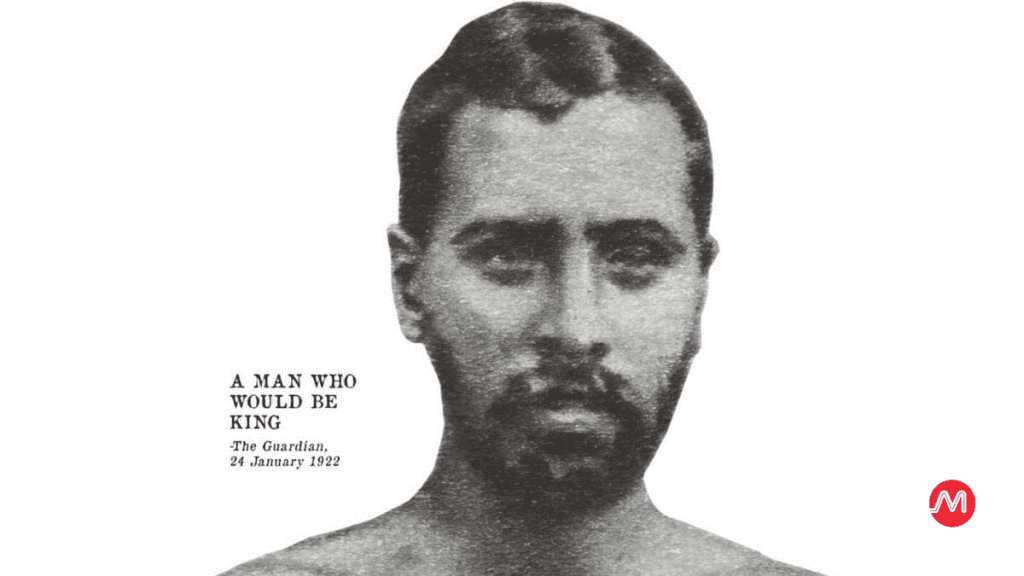
A century later, the only image of 1921 Malabar rebellion hero Variamkunnath Kunhammad Haji got unveiled in Malappuram. The photo accessed from 1922 french magazine, Sciences et Voyages is the cover of the book — Sultan authored by Ramees Mohammed O — launched on Friday.
The rebellion leader ruled south Malabar in Kerala for over five months during 1921-1922. The freedom fighter was well connected to anti-colonial struggles across the world, the book claims with archives from America and Europe.
Ramees, a history enthusiast, researched for over a decade to write the profile of Haji. The book is launched at the Malappuram Townhall, named after Haji, located on Kottakunnu, where he was executed by the British.
Hundreds attended the launch, eager to see the face of their “forgotten leader”. The book was inaugurated by the granddaughter of the leader, Variamkunnath Hajara.
“I am speechless,” said Hajara after unveiling the photo. “It’s remarkable to know that fables my father told me were true”.
“One-third of my life was dedicated to Variamkunnath,” Ramees told the packed audience. “He haunted me for a decade”.
“Let this be a new memory about our history”.
Ramees acknowledged all the former historians and friends who helped him in writing the book.
Sultan Variamkunnath is launched as many groups in Malabar are celebrating 100 years of the rebellion. Critics have pointed out that the rebellion is still undermined in India’s anti-colonial history.
Haji was born in a Muslim merchant family with a history of anti-colonial struggles, in 1877. Haji’s father, Moideenkutty Haji was deported and jailed in the Andaman Islands for his participation in a rebellion against the British.
Haji was part of the Khilafat movement, a movement led by the then South Asian Muslims to restore the Ottoman caliphate removed by the imperial British. Following the arrest of Ali Muslyar, the spiritual leader of the rebellion, Haji declared himself the King.
The reports of rebellion were reported in American and European newspapers.
In January 1922, under the guise of a treaty, the British arrested Haji and produced him before a British judge. He was sentenced to death along with his compatriots.
British officials burnt his dead body along with all government records and documents relating to his five months-long parallel government.
Last year, three movies were announced on the historic rebellion, emphasising different narratives. Author Ramees was part of a project that was caught up in a stir for upholding the Mappila historiography. The movie is postponed to next year.
1921 rebellion has been contested by Hindu nationalist groups, rapping it as an anti-Hindu riot.
Recently, at least 387 leaders of the 1921 Malabar Rebellion including Variamkunnath Kunhamed Haji and rebellion supremo Ali Musaliar were recommended to be removed from the Dictionary of Martyrs of India’s Freedom Struggle, jointly published by the Ministry of Culture, Government of India, and Indian Council of Historical Research (ICHR).
Prominent writer, P Surendran, inaugurated the gathering. Tamil Nadu lawmaker Prof. M. H. Jawahirullah was present to witness the historic moment.
“There is a very strong relationship with the Khilafat movement in Kerala and Tamil Nadu,” stated Jawahirullah. He announced that the book will be soon translated and published in Tamil.
Sultan Variamkunnath is published by Two Horns. The book will be available at Sharjah International Book Fair next month.



